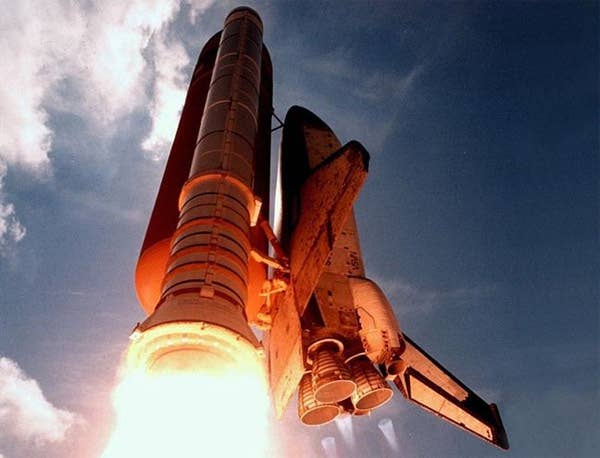
The recent space-mining bonanza isn't the first time tech money has found its way to an outlandish space project. Between Jeff Bezos' moon lander and Elon Musk's passenger rockets to Mars, astronautical excursions are practically a status symbol among well-heeled founders — and they all come with eight-figure price tags and no reasonable hope of ever recouping. Just to show it's no joke, we've rounded up six of the most high profile examples for your perusal.
Think of it as a latter-day Space Race, but with Microsoft instead of the Soviet Union.
1. Sergey Brin and Space Adventures
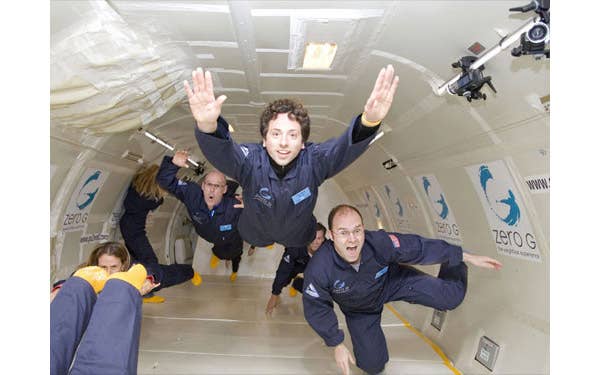
Five years after Brin invested, this is the preeminent space tourism outfit in the world. If you've got $21 million and you'd like to go into space, they can make it happen. They've even got a moon orbit in the works.
The Moment of Glory: So far, seven people have taken them up on it — which, in this industry, counts as mass appeal.
The Price Tag: $4.5 million and counting.
2. Jeff Bezos and Blue Origin
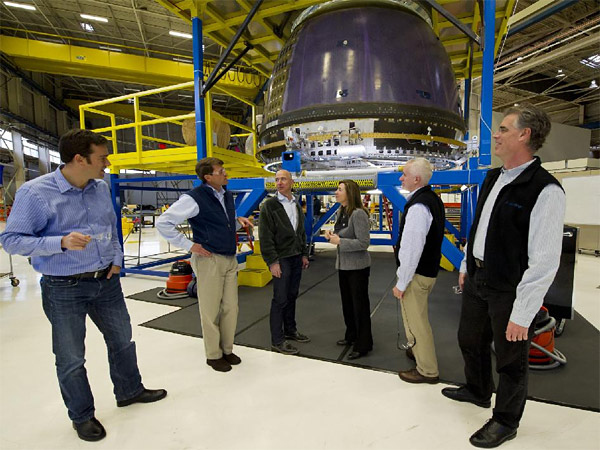
The Amazon founder kept this aerospace sideline under wraps until 2006 — a full six years after its founding. They were predicting weekly suborbital flights by 2010, but we're guessing they ran into delays. But if you know any good propulsion valve engineers, they're hiring.
The Moment of Glory: In 2009, NASA paid them $3.7 million for developing a new kind of Launch Abort System.
The Price Tag: Unclear, but Bezos is the sole founder and jet fuel isn't cheap these days.
3. Elon Musk and SpaceX
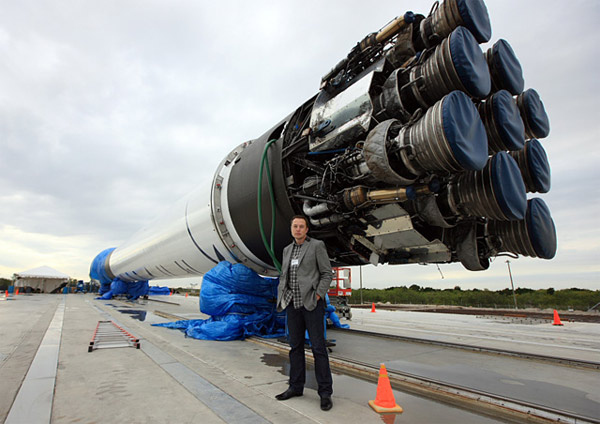
This is Musk's third co-founding, after eBay and Tesla Motors, and he isn't taking it slow. In his most recent interview, he promised a $500,000 Mars flight by 2013. More immediately, they're launching a flight to the International Space Station a week after Monday.
The Moment of Glory: In December 2010, SpaceX became the first private company to launch, orbit and recover a spaceship.
The Price Tag: Musk founded the company with $100 million of his own money, but to hear him tell it, he'll get back eight times that when the company goes public next year. The sound you hear is NASDAQ holding its breath.
4. Paul Allen and Mojave Aerospace/Stratolaunch Systems
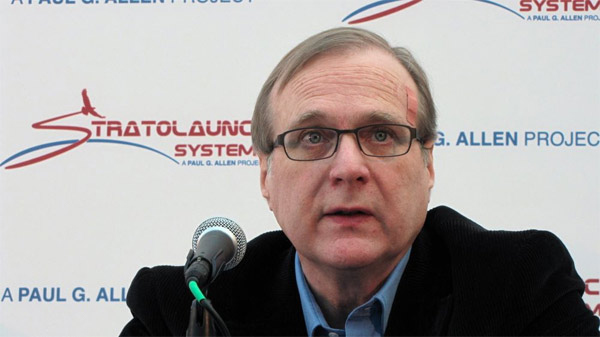
The Microsoft co-founder built the first private manned spacecraft in 2004, after 10 years of development. More recently, he founded Stratolaunch to build the biplanes for Richard Branson's Virgin Galactic project on the same model.
The Moment of Glory: The first successful private spaceflight came with a serious bonus: the $10 million Ansari X Prize, awarded directly to Mojave Aerospace.
The Price Tag: Winning the prize cost Allen $28 million. No word on what he's spent on Stratolaunch, but it's expected to be in the hundreds of millions.
5. John Carmack and Armadillo Aerospace
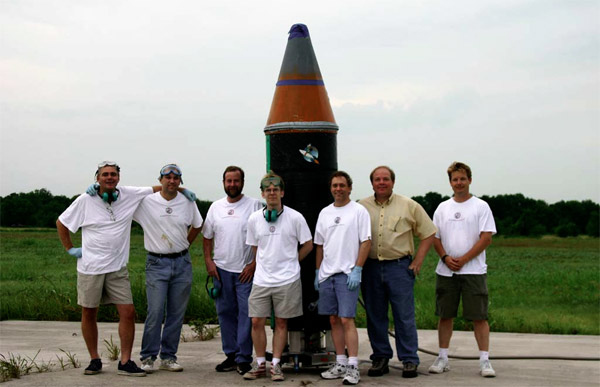
Carmack made his name as lead coder for classic 90s games like Wolfenstein 3D and Doom, but more recently he's turned his attention to orbit-ready rockets with a few Texas friends. They haven't made it into orbit yet, but they've put together some pretty impressive rockets.
The Moment of Glory: Armadillo has won NASA's Lunar Lander challenge twice, for a grand total of $850,000 in prize money.
The Price Tag: Carmack's most recent estimate was a total $5.5 million which — I can't believe I'm saying this — actually sounds like a bargain.
6. Larry Page, Eric Schmidt and Planetary Resources Inc.
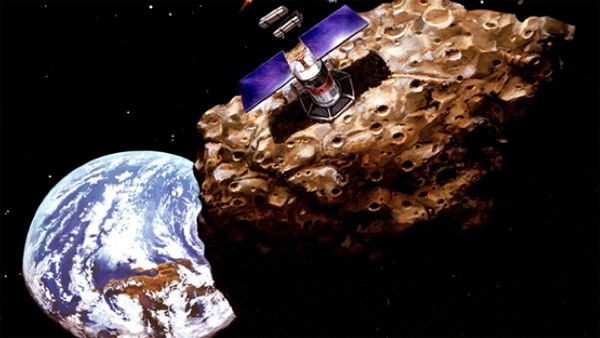
And finally, story of the day, in which a pair of Google co-founders, Ross Perot Jr. and James Cameron conspire to mine 1500 near-earth asteroids for precious metals. The first spacecraft is projected to launch in two years.
The Moment of Glory:That would be yesterday's press conference. Not kidding: someone led off their speech with "My name is Chris Lewicki and I'm a space miner."
The Price Tag: They're promising under $10 million for the robots and under $100 million for each mission, split between investors. If they're lucky (and the price of gold keeps rising), they might even make their money back — but given the Valley's aerospace track record, we doubt anyone's counting on it.
